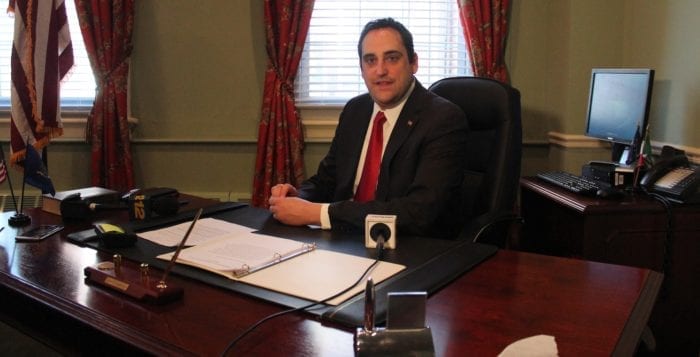A Smithtown auto body shop has been ordered to pay $185,000 in back wages to its employees plus damages for violating federal labor laws regarding overtime pay.
The U.S. Department of Labor announced Aug. 14 that it obtained a judgment against Paul Joseph Dill and Paul Jeremy Dill, the two owners of Bi-County Auto Body, ordering them to pay $185,000 in back wages plus an equal amount in damages to 49 employees, plus $30,000 in civil penalties, for violating the Fair Labor Standards Act.
“The employer engaged in an unlawful practice to deny employees the overtime wages they had legally earned and to conceal their failure to pay for those hours,” said Irv Miljoner, Long Island director of U.S. Department of Labor’s Wage and Hours Division. “The resolution of this case demonstrates our commitment to those workers, and to leveling the playing field for employees who play by the rules.
From July 2014 to April 2016, the Smithtown employers violated labor laws by paying its employees in cash for any overtime beyond the 40-hour workweek and paying straight time, according to U.S. Department of Labor. Federal standards mandate that employees be paid one and one-half times their normal rate of pay when working overtime.
In addition, federal investigators said the employers also deducted one hour of pay from employees’ daily hours for a meal break, even though workers often were unable to take an uninterrupted break. Bi-County Auto Shop failed to keep track of time its employees worked beyond 40 per week in an attempt to conceal overtime, according to U.S. Department of Labor, resulting in recordkeeping violations.
“This case shows that the U.S. Department of Labor will take appropriate steps to ensure compliance with the Fair Labor Standards Act and to rectify wage violations, so employees are not denied their justly earned pay,” said Jeffrey Rogoff, the department’s regional solicitor of labor.
Under the terms of the court judgment, Bi-County Auto and its owners are prohibited from accepting the return of back wages from its employees and discrimination from any employees who step forward to exercise their rights under federal labor law.
A manager at Bi-County Auto Shop stated that the company has no comment on the judgment issued Tuesday.
Any worker who believes that their employer may be violating minimum wage or overtime laws may report them through U.S. Department of Labor’s PAID program. More information on federal labor laws can be found at www.dol.gov/whd.









